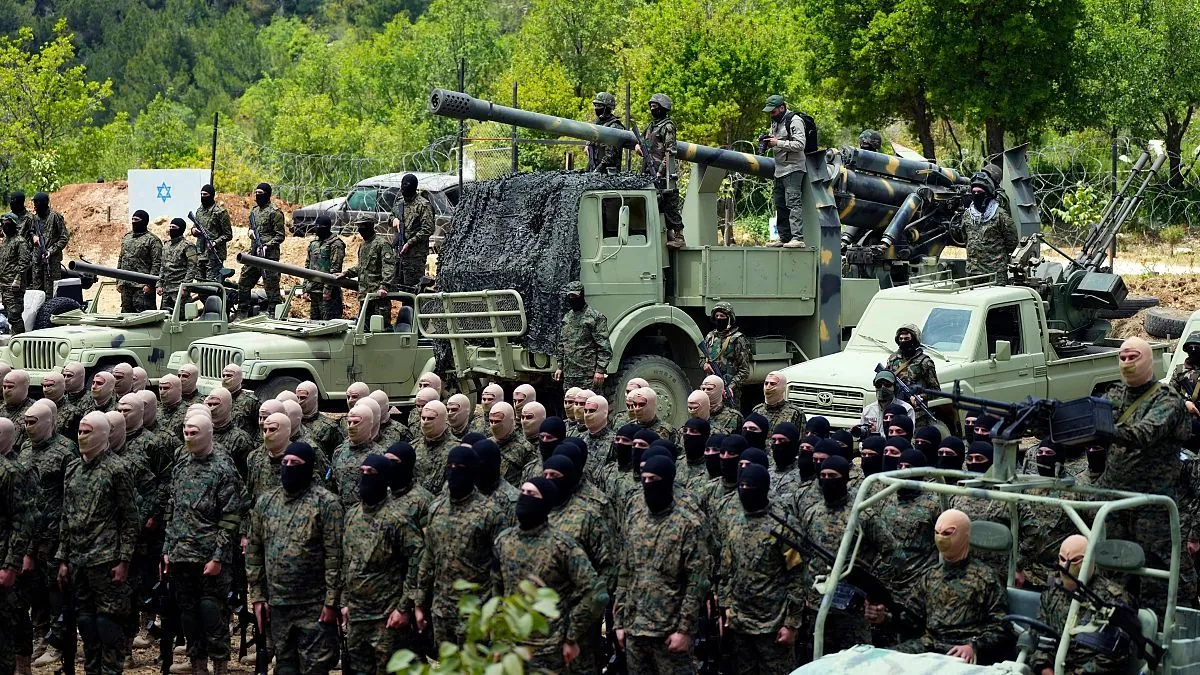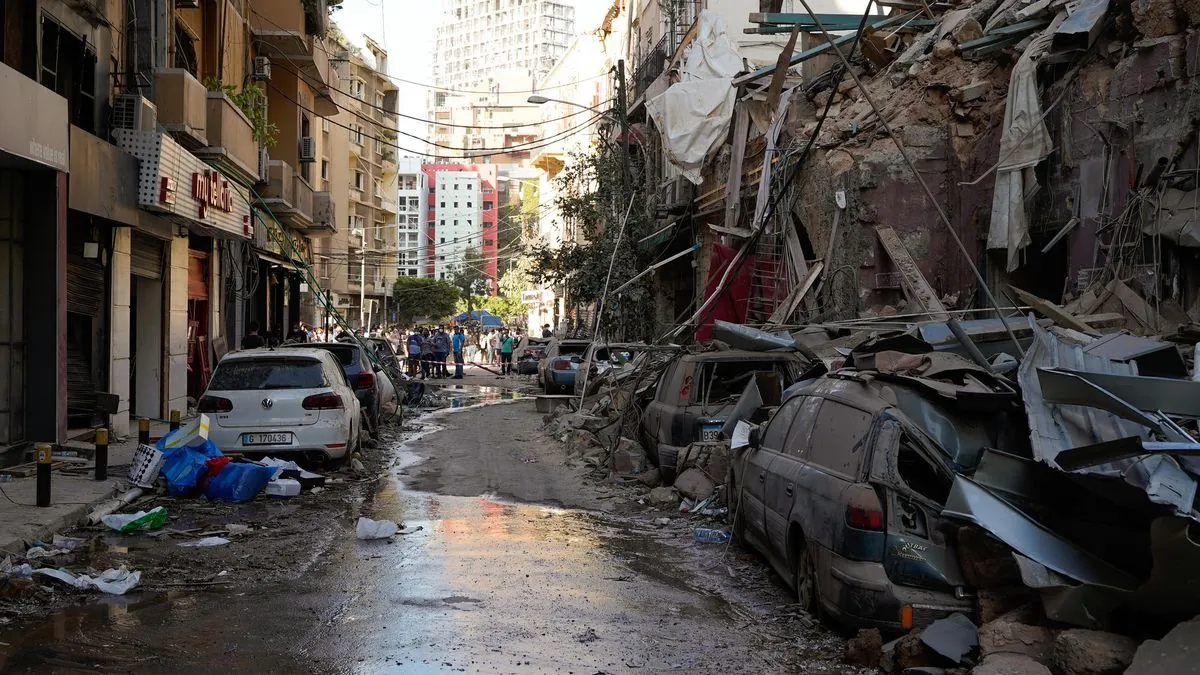Hezbollah's Network Exposed: Israeli Attacks Target Reservists and Operatives
Recent Israeli attacks in Lebanon, using rigged communication devices, have targeted Hezbollah's extensive network. The incidents reveal the group's deep integration into Lebanese society and its vulnerability to infiltration.

Recent Israeli attacks across Lebanon have exposed the intricate network of Hezbollah, a militant group deeply embedded in Lebanese society. The assaults, which occurred approximately one year ago, targeted the organization's reservists and logistical operatives through an unconventional method: turning communication devices into explosive hazards.
The attacks resulted in 37 fatalities, predominantly Hezbollah fighters, as indicated by the group's death notices. Lebanon's health ministry reported that two children were among the deceased. The incidents also left over 3,000 individuals injured, many suffering from blindness or severe injuries.
Hezbollah, founded in 1985 during the Lebanese Civil War, has evolved into a multifaceted entity with significant influence in the country. The organization operates a vast network of social services, including hospitals, schools, and welfare institutions, particularly in Shiite-dominated areas. This extensive involvement in civilian life has allowed Hezbollah to maintain a strong support base despite being designated as a terrorist group by several Western nations.
The recent attacks have provided rare insight into Hezbollah's structure and operations. Joseph Bahout, director of the Institute of Public Policy at the American University in Beirut, described the organization as "a society in arms" rather than a small clandestine militia. This characterization highlights the group's deep integration into various aspects of Lebanese society.
The incidents involved the simultaneous detonation of thousands of pagers and hundreds of two-way radios across Lebanon. These devices had been distributed by Hezbollah to its members as an alternative to cellphones, which the group suspected were being tracked by Israel. The explosions occurred in homes, supermarkets, taxis, and on street corners, causing widespread panic and overwhelming medical facilities.

Hassan Nasrallah, Hezbollah's leader since 1992, responded defiantly to the attacks, vowing to continue strikes against Israel. These strikes began on October 8, 2023, in solidarity with Hamas in Gaza. However, beneath the surface, fear and trauma pervade Lebanese society, already struggling with economic challenges and political instability.
The attacks have also revealed Hezbollah's vulnerability to infiltration. The compromised communication network has exposed valuable information about the group's members and structure to foreign intelligence agencies. This breach follows a previous incident in late July 2023, when a compromised network reportedly led to the killing of Hezbollah commander Fuad Shukr by Israel.
"We will be able to overcome this test with heads held high."
The incidents have affected a wide range of individuals connected to Hezbollah, from active fighters to hospital workers and civilians. This diverse impact underscores the organization's deep roots in Lebanese society and its ability to mobilize a large reserve force when needed.
As Lebanon grapples with the aftermath of these attacks, the future remains uncertain. The incidents have not only caused immediate harm but have also raised concerns about the safety of communication devices and the potential for further infiltration of Hezbollah's networks. The organization, known for its resilience and adaptability, faces the challenge of maintaining its operational security while continuing to provide services and support to its constituents in an increasingly volatile environment.


































